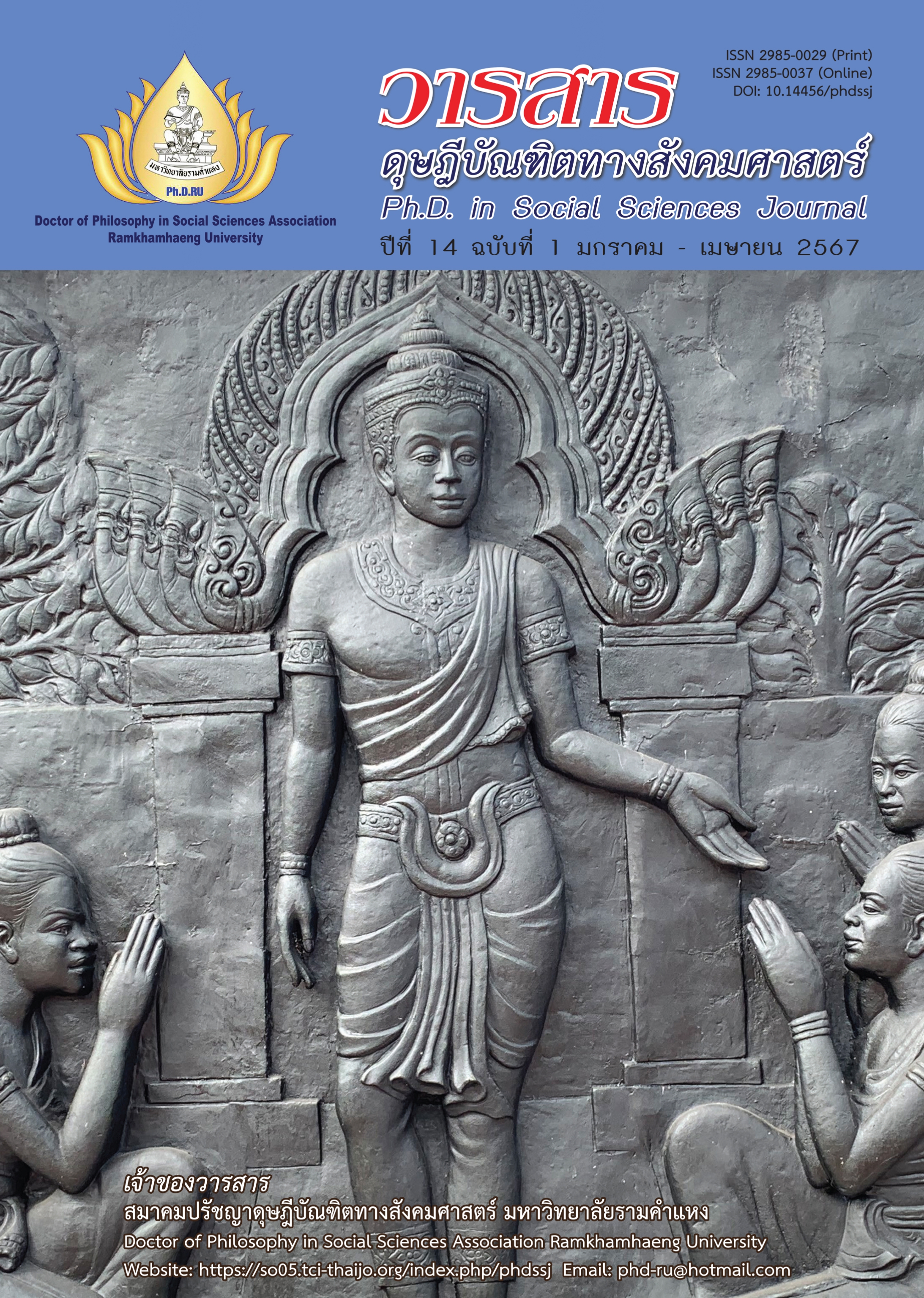Management Strategies of Government Agencies towards Sustainable Agro-tourism in Kanchanaburi
Main Article Content
Abstract
This academic article aim to study management strategies of government agency towards sustainable agro-tourism in Kanchanaburi province government sectors must focus on and prepare for agro-tourism because it is a form of recreation that provides both knowledge and amusement, another crucial activity that attracts tourists’ attention. It is also the most popular among tourists and generates income for the community through the adaptation of the conventional agricultural.
Findings are as follows: Model to a new kind of agriculture, tourism patterns development in accordance with those potentials of tourism attractions, tourism service development, strategic development for marketing and public relations, agro-tourism management in the form of a committee, participation and support from government and other sectors. In addition, communication in community-based agro-tourism, participation in community-based agro-tourism communication, communication campaigns through community media in integrated marketing communications, as well as participation in the management of community-based agro-tourism that allows public and relevant people in all sectors of society to participate with the government sector on community-based agro-tourism. Therefore, it would lead the community-based agro-tourism in Kanchanaburi to sustainability.
Article Details

This work is licensed under a Creative Commons Attribution-NonCommercial-NoDerivatives 4.0 International License.
Academic articles, research articles, and book reviews in the Ph.D. in Social Sciences Journal are author’s opinions, and not the publisher’s, and is not the responsibility of the Ph.D. in Social Sciences Journal Philosophy Association, Ramkhamhaeng University. (In the case that research is done on human, the researcher has to be trained in Ethics for Doing Research on Human Training and has to produce the evidence of the training).
References
Department of Agricultural Extension. (2001). There are 10 concepts of agricultural tourism development. Author. [In Thai]
Department of Agricultural Extension. (2002). Handbook for the administration and management of agricultural tourism. Author. [In Thai]
Fiedler, F. E. (1967). A theory of leadership effectiveness. McGraw-Hill.
Institute of Scientific and Technological Research of Thailand. (1999). Preliminary report education for establish guidelines for the development and management of agro-tourism. Tourism Authority of Thailand. [In Thai]
March, R., & Wilkinson, I. (2009). Conceptual tools for evaluating tourism partnerships. Tourism Management, 30(3), 455-462.
Piboonrungroj, P., & Disney, S. M. (2009). Tourism supply chains: A conceptual framework. Tourism III: Issues in PhD Research, 132, 132-149.
Prakraiwan, T. (2006). Definition of agrotourism. Retrieved from https://ppi.psu.ac.th [In Thai]
Saikhiao, K. (2012). States that sustainable tourism is part of sustainable development. Retrieved from http://bid.arch.ku.ac.th›bit›supaporn-kaewko-leopa [In Thai]
Srisomyong, N. (2002). Managing rural tourism resources and tourism resources agrotourism. Sukhothai Thammathirat Open University. [In Thai]
Tapper, R., & Font, X. (2004). Tourism supply chains: Report of a desk research project for 43 the travel foundation. Retrieved from http://www.lmu.ac.uk/lsif/the/Tourism-Supply-Chains.pdf.


